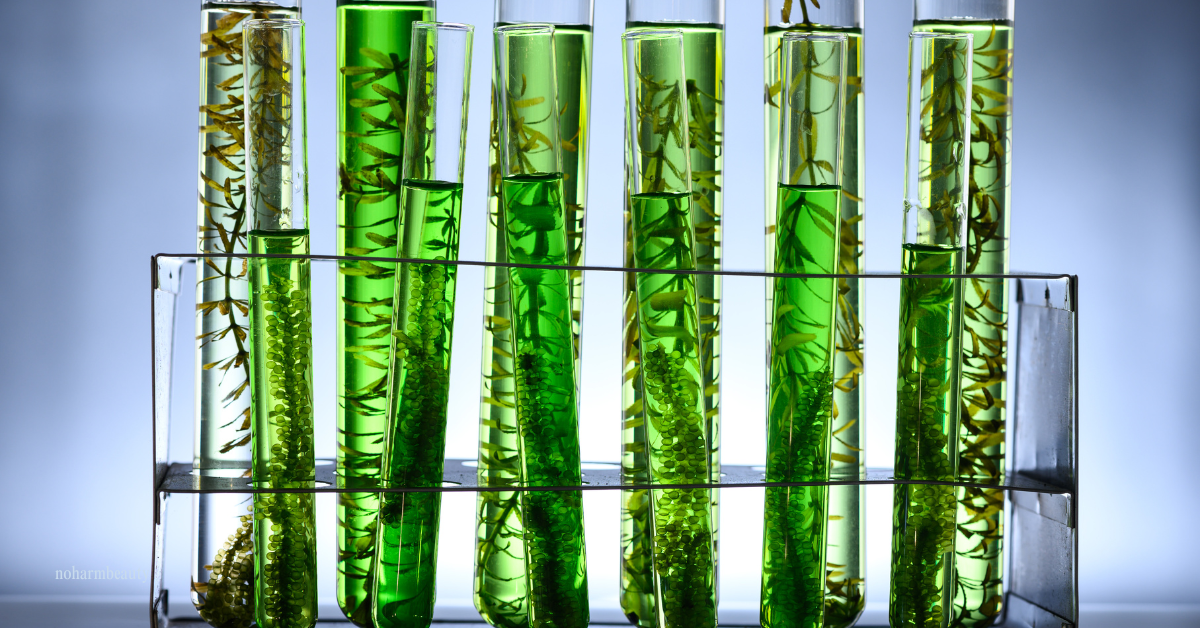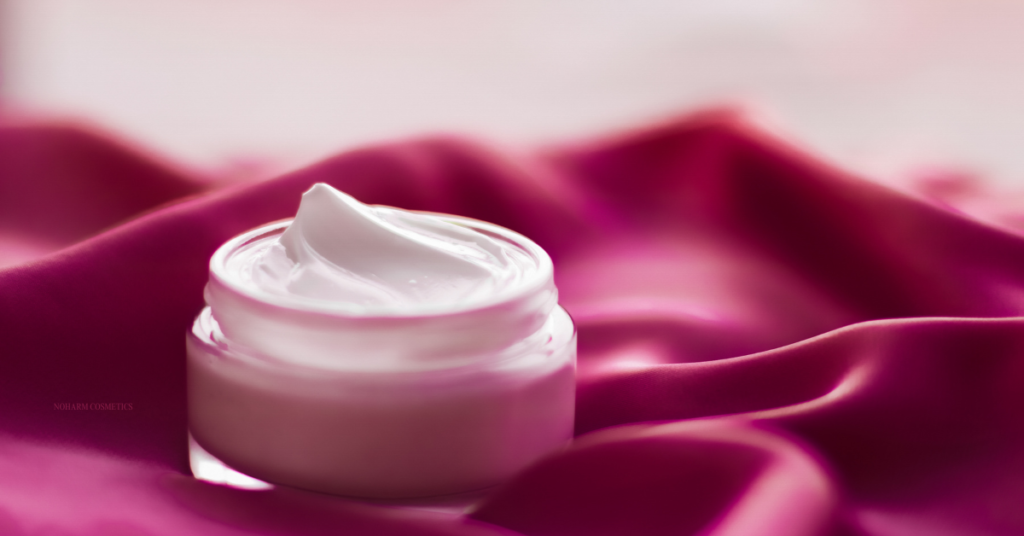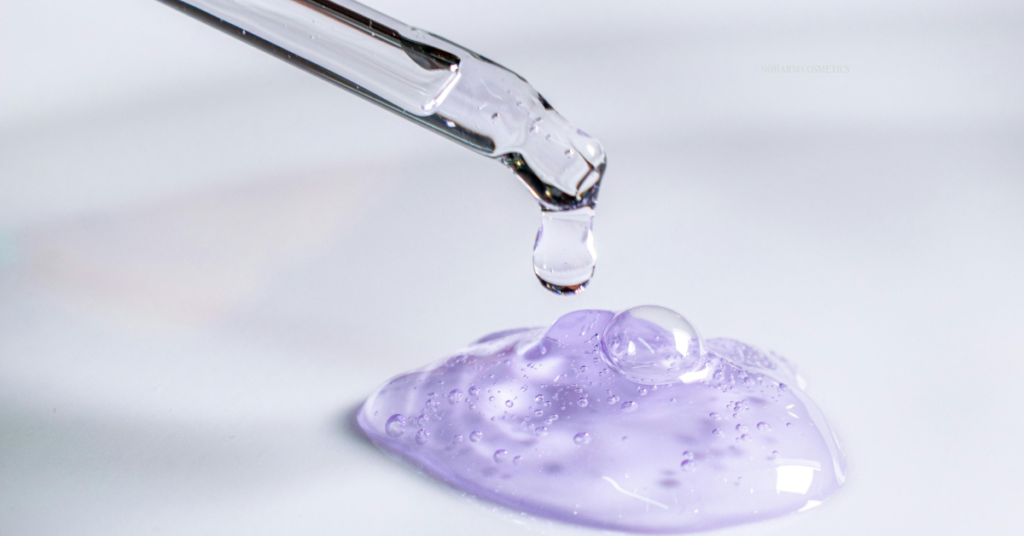What is Biotech Beauty?
Biotech beauty uses science to create sustainable and ethical beauty ingredients. This can include bio-fermentation and plant-based bio-manufacturing, providing cleaner alternatives to traditional animal-derived or chemical-based ingredients. One notable recent example is the report that Debut Biotech has pioneered a molecular replica of carmine, the red pigment traditionally derived from cochineal insects. This is especially exciting for those who, like me, have experienced allergic reactions to carmine, as well as for those who follow a strictly plant-based lifestyle.
By replicating natural ingredients in labs, brands can avoid animal testing and animal-derived substances, making products more ethical and sustainable. Another example is squalene (or squalane), which was traditionally harvested from shark liver but can now be produced using yeast.
How the Global Beauty Industry is Adopting Biotech
Countries around the world, from the United States to France, are increasingly adopting biotech innovations to create more sustainable, ethical beauty products. As the demand for clean beauty continues to rise globally, biotechnology offers a promising solution for meeting consumer expectations while reducing environmental impact.
K-beauty and C-beauty have also embraced biotechnology in many of their product lines. From lab-grown moisturizers to bio-manufactured peptides, these beauty powerhouses are leading the way in combining tradition with innovation.
From the discovery of synthetic hair dye in 1907 (which incidentally led to the founding of L’Oréal) to the sustainable and ethical production of hyaluronic acid (HA), it’s exciting to witness these advances in the beauty industry.
References
Cosmetics Business. (2021, April 21). K-beauty’s Cosmecca to partner with Vytrus Biotech on cosmetic ingredients research. Cosmetics Business. https://cosmeticsbusiness.com/k-beauty-s-cosmecca-to-partner-with-vytrus-biotech-on-cosmetic-ingredients-research-210418
Biosynthetic approaches to squalene production: The case of yeast. Methods in Molecular Biology, https://pubmed.ncbi.nlm.nih.gov/27718188/
Debut Scores Breakthrough in Carmine Bioproduction https://www.prnewswire.com/news-releases/debut-scores-breakthrough-in-carmine-bioproduction-and-unveils-plans-to-launch-the-first-ever-molecular-replica-of-the-vibrant-red-pigment-302384661.html
L’Oréal. L’Oréal history. L’Oréal Group. https://www.loreal.com/en/group/culture-and-heritage/l-oreal-history/?utm_source=chatgpt.com




